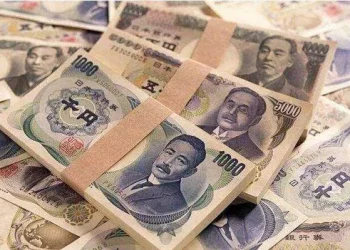The strength of the SGD (Singapore Dollar) is determined by a number of factors, including the state of the Singaporean economy, global economic conditions, interest rates, and government policies. In recent years, the SGD has generally been considered a relatively stable currency, but there is no guarantee that it will continue to remain strong in the future.
The strength of the SGD is often tied to the health of the Singaporean economy. Singapore has a highly developed and diversified economy, with a focus on exports, services, and finance. As such, changes in global economic conditions can have a significant impact on the strength of the SGD.
Interest rates are another important factor that can influence the strength of the SGD. Higher interest rates can make the currency more attractive to investors, which can drive up its value. On the other hand, lower interest rates can lead to a weaker currency.
Finally, government policies can also have an impact on the strength of the SGD. For example, policies that encourage foreign investment or support economic growth can help to boost the currency, while policies that discourage investment or restrict trade can have the opposite effect.
Overall, predicting whether the SGD will get stronger or weaker in the future is difficult, as it depends on a variety of complex and interconnected factors. However, by closely monitoring economic trends and government policies, investors and traders can gain a better understanding of the factors that are likely to influence the currency’s value.

























